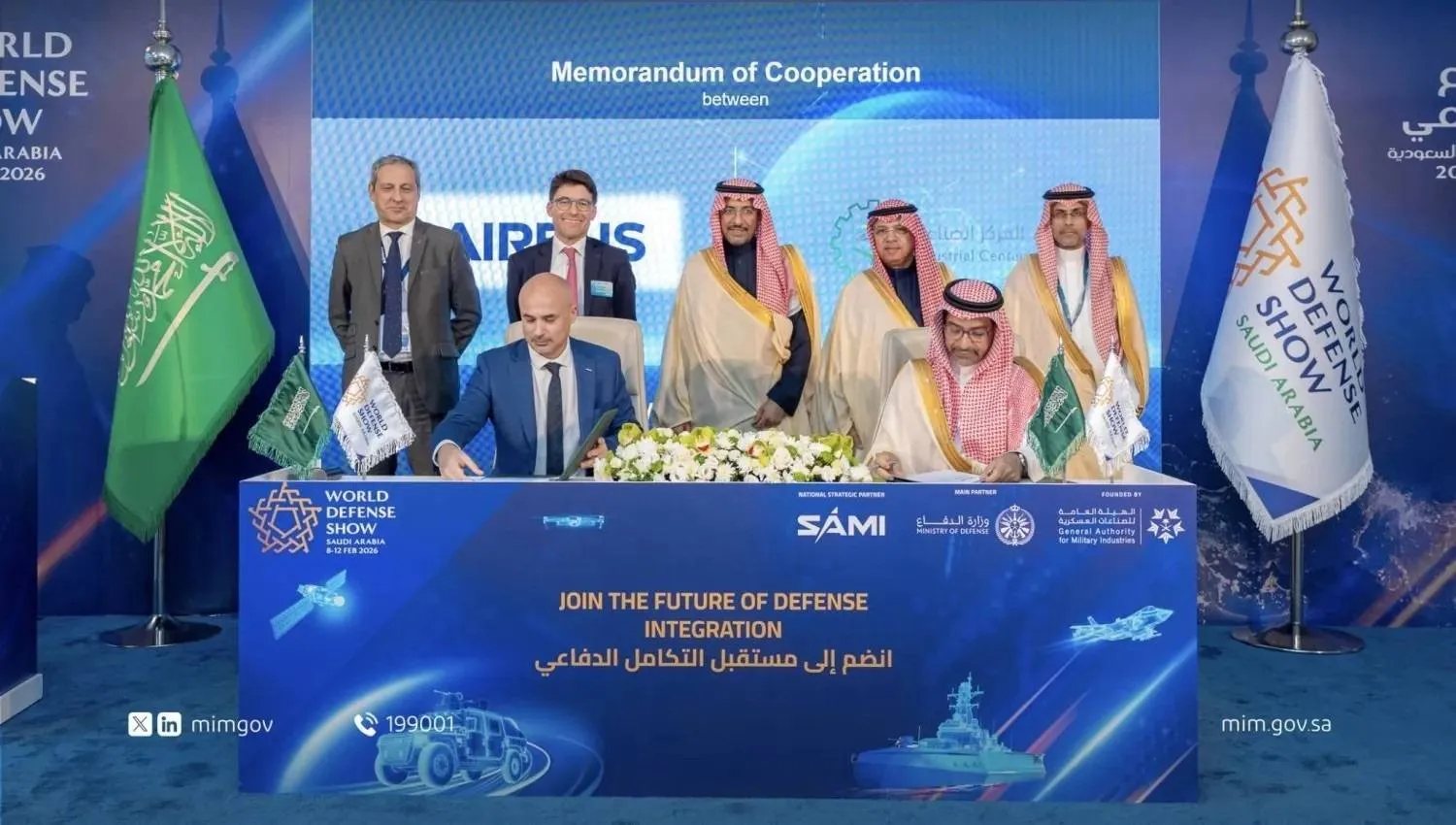Egypt's robust infrastructure and supportive political will that supports the private sector has opened its doors to local and foreign investments to achieve comprehensive and sustainable development, said the country's Finance Minister.
Mohamed Maait met with the CEO of the International Islamic Trade Finance Corporation (ITFC) and Islamic Corporation for the Development of the Private Sector (ICD), Hani Sonbol, on the sidelines of Egypt's Forum for International Cooperation and Development Finance in the New Administrative Capital.
The Minister asserted that Egypt seeks to increase its efforts to diversify sources and financing tools which would reduce the cost of development investments, especially with the current global economic crisis.
He pointed to the growing opportunities for cooperation with the ICD in many projects, and benefited from its experiences in Egypt's issuance of green Sukuk in a way that attracts new investors, helps sustain the economy, creates job opportunities, and boosts living standards and services provided to them.
The Minister explained that Egypt is studying with Japan the issuance of green Samurai bonds during the coming period.
Egypt successfully offered the first Samurai bonds in the Japanese market, valued at 60 billion Japanese yen, which attracted many Japanese investors.
He indicated that Egypt is also on ongoing joint venture with China to issue Panda bonds in the Chinese market.
Sonbol stressed that ICD's work is based on its significant experience in issuing sovereign Sukuk, noting that the Organization's work was praised by international institutions, explaining that there is an opportunity to cooperate with Egypt in this field.
"We look forward to working together to issue sovereign Sukuk or green Sukuk in Egypt," said Sonbol, adding that the Organization is experienced in the water, energy, and food sectors and can offer ambitious programs that support the national platform for green projects.
Later, Maait discussed with the co-chair of the High-Level Expert Group on Climate Finance, Vera Songwe, establishing a mechanism for exchanging commodities between African countries, primarily wheat and fertilizers.
During their meeting, Maait and Songwe exchanged views and ideas on mechanisms for achieving food security at the continental level to optimize the available resources, especially in light of the severe disruption in supply chains.
The Minister lauded Songwe's achievement during her tenure as Under Secretary of the United Nations Economic Commission for Africa, wishing her success in her new duties.
Maait invited Songwe to attend the "Finance Day" and adopt African visions to facilitate development funds that support green transformation and contribute to combating climate change.









